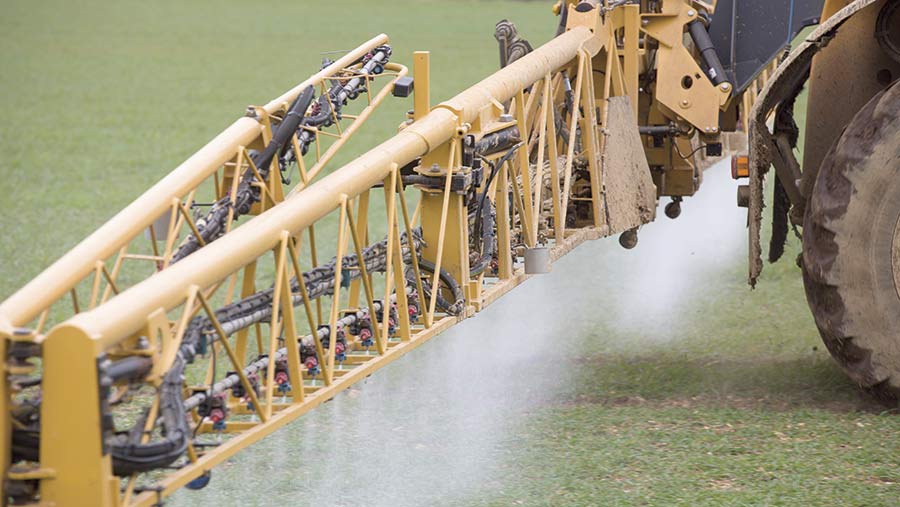EU ‘stops clock’ on probe into Bayer/Monsanto merger
 © Tim Scrivener
© Tim Scrivener The European Commission has called a temporary halt to its investigation into Bayer’s planned acquisition of Monsanto while it waits for information from both companies.
The EU launched an in-depth probe into the €56bn (£50bn) deal in August because of concerns it could reduce competition in the market for pesticides and seeds.
The investigation was set to take 90 working days to complete, with the commission due to give its verdict on whether it contravenes EU merger regulations on 8 January 2018.
See also: EU begins investigation into Bayer/Monsanto deal
However, the EU announced last week it had decided to “stop the clock” on its investigation while it waits for missing information to be supplied.
“This procedure in merger investigations is activated if the parties fail to provide, in a timely fashion, an important piece of information the commission has requested from them,” said a spokesman.
“Once the missing information is supplied by the parties, the clock is restarted and the deadline for the commission’s decision is then adjusted accordingly.”
The European Commission launched its investigation because of concerns that creating the world’s largest integrated pesticides and seeds company will mean less competition in the market for agricultural inputs.
It is argued this could lead to higher prices, lower quality and less choice for farmers – with knock-on consequences for consumers.
The deal comes at a time of massive consolidation in the global agricultural market, as illustrated by the recent mergers of Dow and Dupont and Syngenta and ChemChina.
In the US, farm representatives are warning a wave of mergers have swept through the food system, putting economic power in the hands of a few companies and leaving little for farmers, workers and consumers.
Lack of competition
A coalition of 210 farm groups in the US has pointed out that rapid consolidation in the food chain has left a handful of multinationals controlling the inputs sector and just four meatpackers dominating the cattle sector.
The coalition has warned that corporate consolidation is pushing down prices for farmers and wages for farmworkers, while at the same time raising food prices and limiting choice for consumers.
Greg Fogel, policy director for the National Sustainable Agriculture Coalition, said small and medium-scale farms were disappearing, while corporate agribusiness was rapidly growing.
“Without a fair playing field, these corporations can easily drive out family farmers, or relegate them to working within opaque and unfair contract systems,” he said.
“We need to bring equity and efficiency back to our agricultural markets.
“We cannot continue to allow agricultural consolidation to grow unchecked at the expense of our nation’s family farmers, natural resources and the American taxpayer.”
The coalition is calling for legislation that addresses the lack of competition in the food chain to be included as part of the next Farm Bill.
